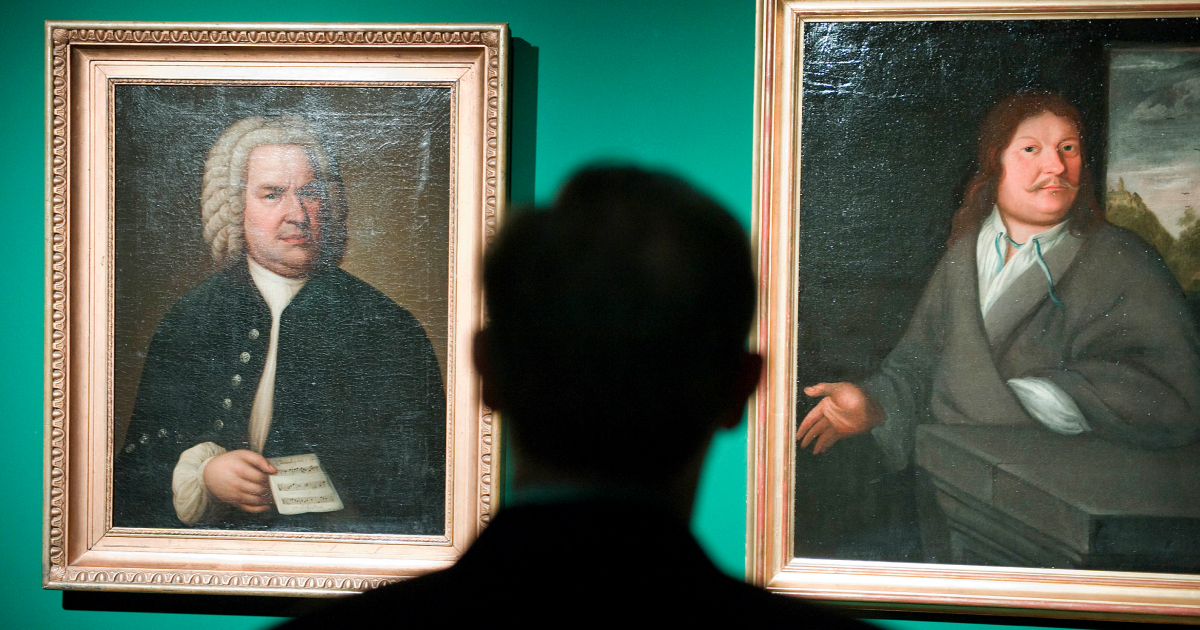There is a phrase I have always disliked, which is often found in obituaries or profiles of prominent people: “he didn’t/doesn’t suffer fools gladly”. Sometimes, I am sure, it is used to convey the idea that an individual is or was impatient with humbug, excuses or persistent incompetence, which can be a useful and admirable characteristic. However, it also seems to be used euphemistically, to describe somebody who is simply rude, dismissive or irritable.
Irritability is one of the most impactful of all personal faults, but is under-criticised, or treated as a minor failing – even an amusing one. A single grumpy person can upset the whole balance and feel of a home, or an office, or indeed a church. When I mentioned this on X a while back, two or three people responded saying that one or both of their parents had been constantly bad-tempered and that it cast a pall of worry and stress over much of their childhood. I am currently reading a novel by Henry Williamson, and one of the key themes of the early books is how a tetchy, frustrated, overbearing father gradually alienates his children, and makes his wife exhausted and unhappy. This aspect of the drama is apparently based on Williamson’s own childhood.
We all get tired and crotchety sometimes. There can hardly be a parent on the planet who has never snapped at their children. I look back in shame at some of the times I’ve done it myself. Irritability as vice, however, is something quite different. In C.S. Lewis’s The Great Divorce, a cast of characters is normally resident in a vaguely purgatorial afterlife go on a trip to Heaven, and are given the opportunity to remain there if they wish. In order to do so they must make a final break with their besetting vices.
For one woman, this involves her constant grumbling. The spiritual guide who is accompanying the story’s narrator describes her situation, and the psychological reality behind it: “The question is whether she is a grumbler, or only a grumble. If there is a real woman… still there inside the grumbling… You can repent and come out of it again. But there may come a day when you can do that no longer. Then there will be no ‘you’ left to criticise the mood, nor even to enjoy it, just the grumble itself, going on forever like a machine.”
“Just the grumble itself, going on forever like a machine.” I have always found that to be a striking description of the way in which our sins, if unresisted and unchecked, can consume us and almost obliterate our individuality, obscuring the divine light. Irritability becomes self-justifying, a reasonable response (as we are tempted to tell ourselves) to the imperfections and stupidities of the world around us.
This is self-deception, of course, the weak rationalisation that excuses in others but we are always tempted to indulge for ourselves. And gradually the habit of self-deception distorts and chokes even our good attributes. In the Williamson books, known as A Chronicle of Ancient Sunlight, the peevish father Richard Maddison develops a kind of martyr complex to justify his behaviour, imagining that everyone else in his household is ungrateful, dishonest and unreliable, taking for granted his hard work and sacrifices. His flashes of self-awareness become fewer and further between, until there is just the peevishness going on forever like a machine.
Interestingly, one of the other characteristics that Williamson gives to Maddison, alongside his querulousness, is a general hostility to Christianity, and Catholicism in particular. Williamson was far from a conventional believer, and his private life might charitably be described as complicated, but even so, the association he made between a contempt for spiritual realities and the inability to reflect properly on faults is astutely observed. Christians are instructed repeatedly throughout the New Testament not to be complacent about such matters. “Anyone who claims to know God and remains firm to the end will be saved,” as Jesus puts it in St Matthew’s Gospel. Or in the First Epistle of St John: “If we say we have no sin, we are deceiving ourselves.”
The sins of irritability and impatience are implicitly condemned. In St Paul’s list of the fruits of the spirit in Galatians, “patience” and “gentleness” are mentioned. Patience is mentioned as a part of love in the famous passage in Corinthians, and included in several other virtue lists in the Epistles.
I have met a few people during my life that I suspect of being genuinely holy, and one thing that such individuals have in common is a sense of warmth and serenity in the face of the world’s turmoil and frustration. The same is true of holy places, which tend to have an atmosphere of stillness. Perhaps we ought to suffer fools gladly after all.





.jpg)





.jpg)





